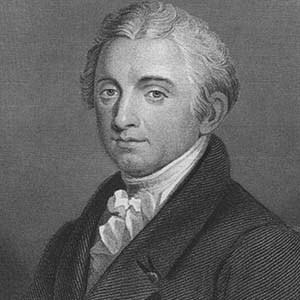Gouverneur Morris was one of the most influential delegates to the Constitutional Convention, speaking frequently and serving on the most important committees. As a member of the Committee of Style, it is widely accepted that he wrote the final draft of the proposed Constitution, including the Preamble.
Early Life
Morris was born into a wealthy New York family and educated at King’s College (later Columbia University). After graduating and studying law, he gained admission to the bar. As criticism of the British monarchy grew, Morris became increasingly interested in public affairs. He served in New York’s provincial Congress from 1777-1778 and played a significant role in drafting the state’s constitution. He went on to serve as a member of the Continental and Confederation Congresses, and signed Articles of Confederation. He also helped draft the treaty that ultimately ended the Revolutionary War.
Political Career
Morris represented Pennsylvania at the Constitutional Convention. He was an active participant, making nearly 175 speeches. As described by fellow delegate William Pierce:
Mr. Governeur Morris is one of those Genius’s in whom every species of talents combine to render him conspicuous and flourishing in public debate: He winds through all the mazes of rhetoric, and throws around him such a glare that he charms, captivates, and leads away the senses of all who hear him.
Morris advocated on behalf of a strong national government. He also spoke out passionately against slavery, questioning how slaves could be considered both property and people. As James Madison wrote in his description of the debates:
He [Governeur Morris] never would concur in upholding domestic slavery. It was a nefarious institution… Upon what principle is it that the slaves shall be computed in the representation? Are they men? Then make them citizens, and let them vote. Are they property? Why, then, is no other property included? The Houses in this city [Philadelphia] are worth more than all the wretched slaves which cover the rice swamps of South Carolina.
Later Career
After the Constitution was ratified, Morris served in several roles in the new government. In 1790, President Washington nominated him as an emissary to England. He later replaced Thomas Jefferson as emissary to France. He represented New York in the U.S. Senate from 1800-1803.








